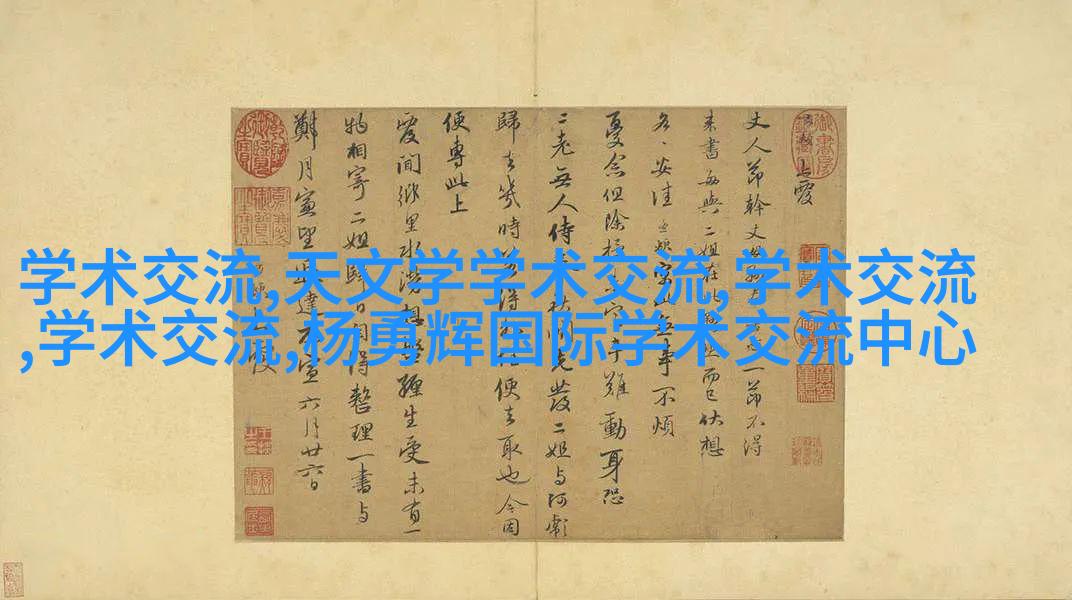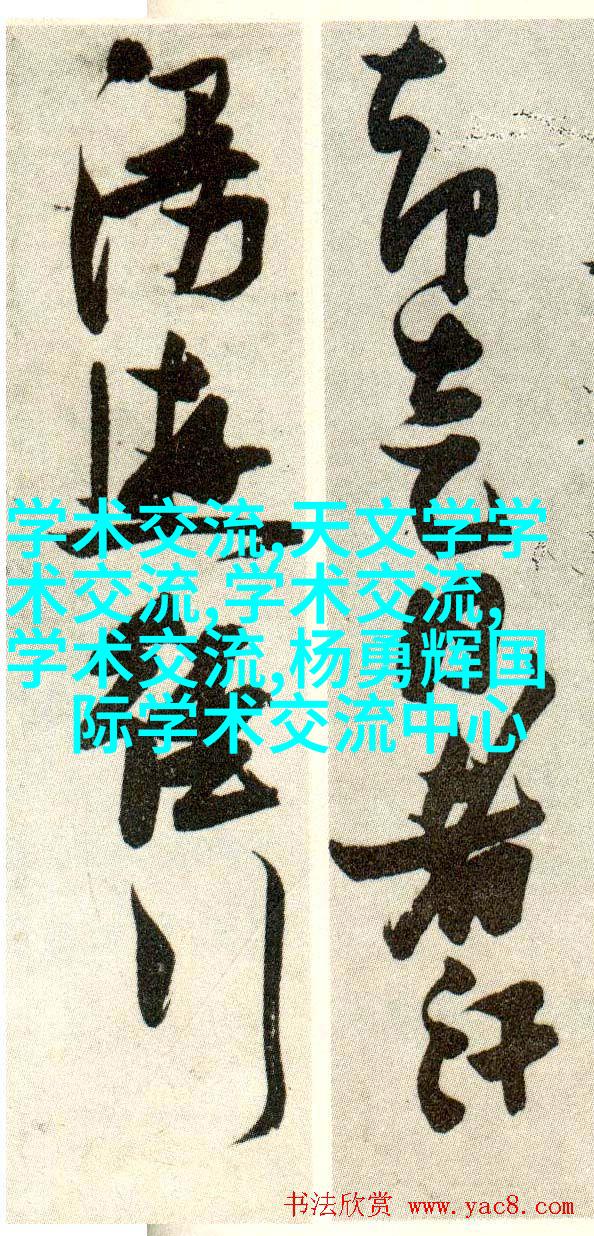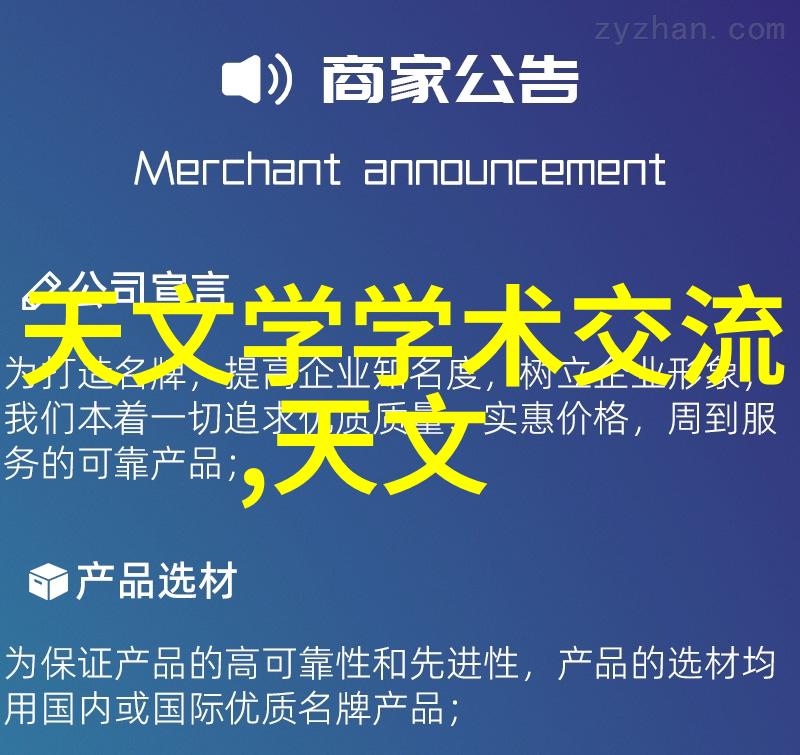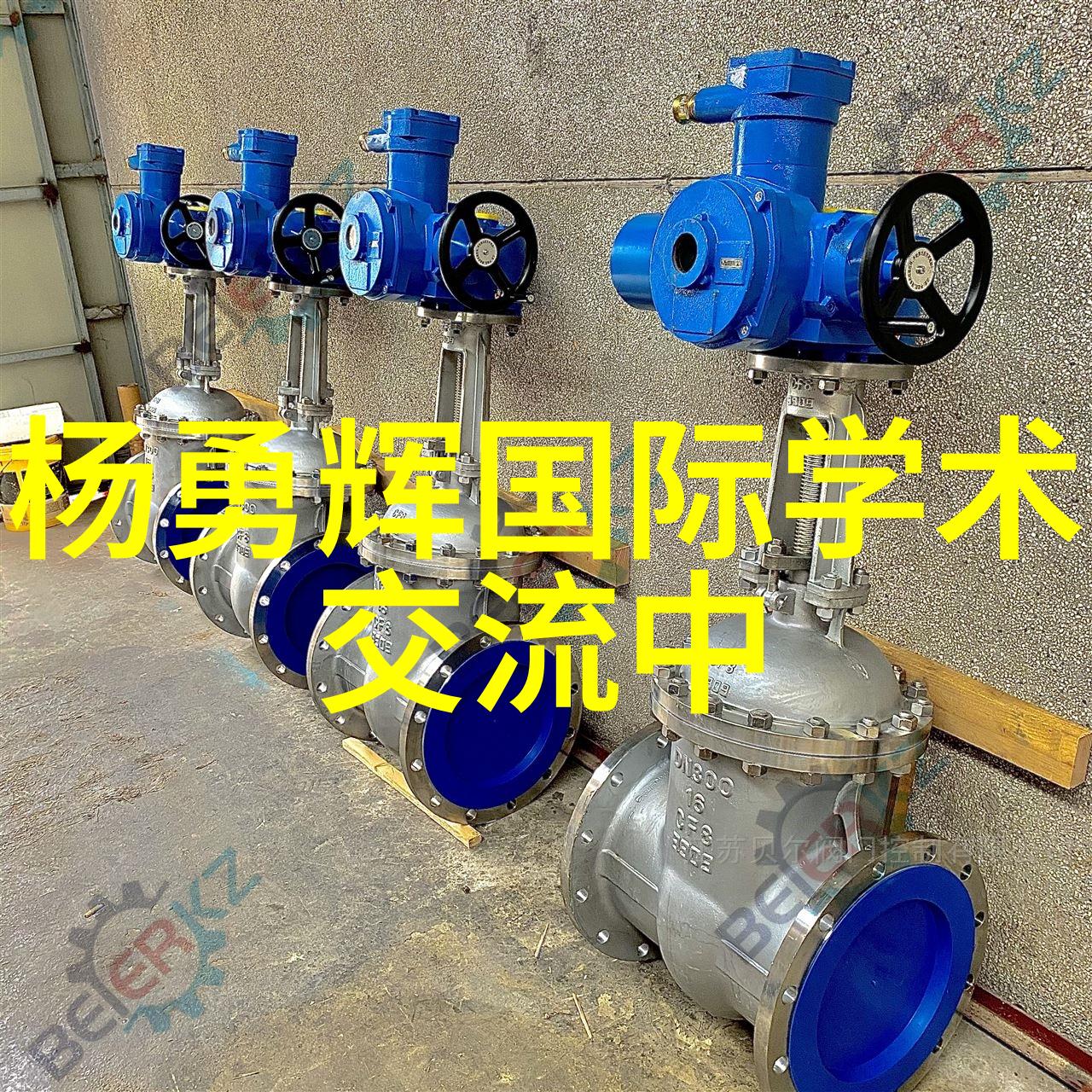工业废气处理器技术与环境保护的新趋势探究:以催化剂改性材料为核心的创新应用

在当今全球化、产业化的大背景下,随着经济的快速发展和工业生产量的显著增长,废气排放问题日益突出。作为一种重要环节,工业废气处理器不仅能够有效减少对环境造成的污染,还能保障人类健康与安全。本文旨在探讨工业废气处理器技术及其创新应用,以及如何通过催化剂改性材料来提升其效率和可持续性。
1.1 工业废气处理器概述

1.1.1 定义与功能
Industrial waste gas treatment equipment is a set of devices designed to remove harmful pollutants from the exhaust gases produced by various industrial processes, such as chemical plants, power generation facilities, and manufacturing factories.

1.1.2 类型与特点
There are several types of industrial waste gas treatment equipment available, including absorption towers, scrubbers, electrostatic precipitators (ESPs), fabric filters (FFs), and catalytic converters.

2 新兴技术研究
2.0 Catalytic oxidation technology

Catalytic oxidation technology has emerged as an effective method for treating VOCs (volatile organic compounds) in industrial waste gas emissions.
2.0 Nanotechnology application in catalyst design
The integration of nanotechnology into catalyst design can enhance surface area-to-volume ratios and increase reaction efficiency.
3 催化剂改性材料研究进展
3.0 Transition metal oxides-based materials: A promising class of heterogeneous catalysts for VOC removal
Transition metal oxides have been extensively studied due to their high reactivity and durability when used as heterogeneous catalysts for the oxidative decomposition of VOCs in industrial waste gases.
3.0 Nanostructured support materials: Enhancing catalytic performance via tailored interfaces
Nanostructured support materials with tailored interfaces can significantly improve the stability and activity of transition metal oxide-based catalysts by enhancing mass transport properties and promoting interfacial interactions between active sites and reactants.
4 应用案例分析
A case study on a large-scale petrochemical plant illustrates how advanced catalytic technologies integrated with optimized operating conditions can lead to significant reductions in both energy consumption and pollutant emissions while maintaining production levels.
Another example involves an innovative use of biochar-supported transition metal oxides as a low-cost alternative for wastewater treatment plant effluent purification.
These examples demonstrate that modernizing traditional pollution control strategies through advancements in material science could offer cost-effective solutions towards sustainable environmental management practices across industries worldwide.
In conclusion,
the future prospects for developing more efficient,
cost-effective,
and environmentally friendly industrial waste gas treatment systems depend heavily on interdisciplinary research efforts combining cutting-edge technologies like nanoscience,
catalysis engineering,
and green chemistry principles.
As we continue our quest to minimize adverse impacts on human health & ecological balance while meeting global economic demands efficiently & responsibly—through continued innovation & collaboration—industrial waste gas treatment will remain at the forefront of these pursuits."



